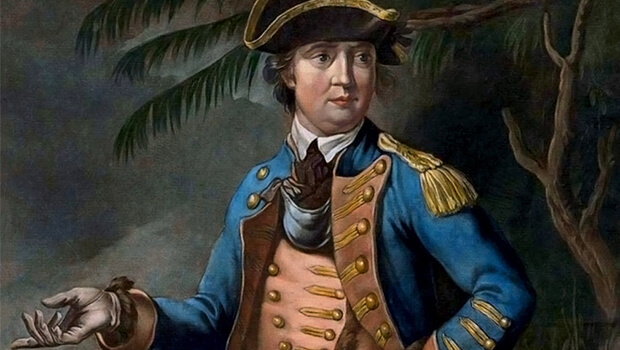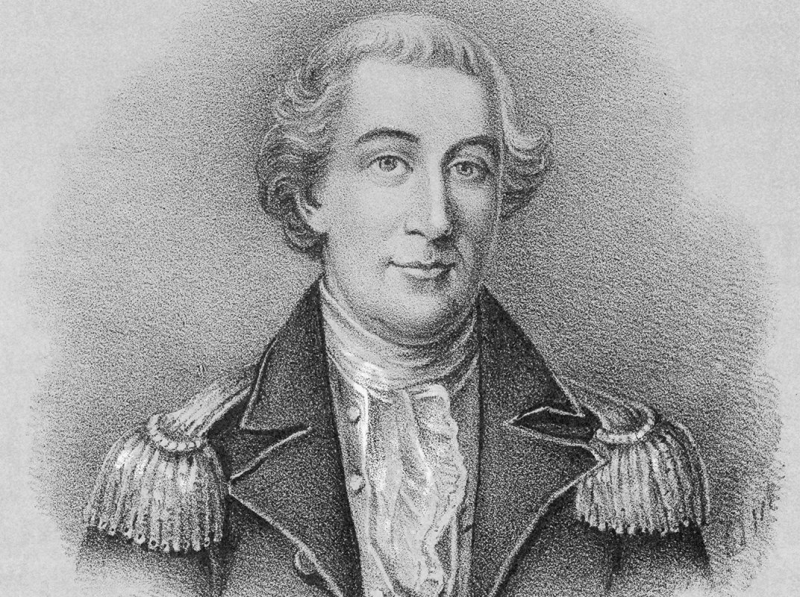Benedict Arnold
As a commander in the Connecticut Colony militia, Benedict Arnold began the Revolutionary War. On May 10, 1775, he commanded a small army to conquer Fort Ticonderoga with Ethan Allen. In late 1775, Arnold led an unsuccessful assault on Quebec City. In 1776, he took part in the Battle of Valcour Island. Even though the Patriots lost the battle, Arnold's delay allowed the Americans to rescue their cause. Arnold's most well-known contribution was at the Battles of Saratoga. During the war, he seized command of a troop of American soldiers and led an assault that threw the enemy into chaos and helped the Americans win. The Battles of Saratoga are regarded as a watershed moment in the war because they contributed significantly to the development of the formal Franco-American alliance. Arnold was the governor of Philadelphia after Saratoga. During this time, he interacted with Loyalist sympathizers' families. Despite his status as a combat hero, Arnold thought his contributions were undervalued, and that others benefited from his achievements.
He had turned traitorous by July 1779, and before the end of the year, he had begun secretly negotiating with the British to surrender the American fort at West Point, New York. However, his British contact, Major John André, was apprehended on September 23, exposing the conspiracy. Arnold was able to avoid capture by boarding a British ship. Then, at Richmond and New London, Arnold fought with the British against the Americans. In America, his name became synonymous with the term "traitor."
Lifespan: 1741 – 1801
Nationality: American












